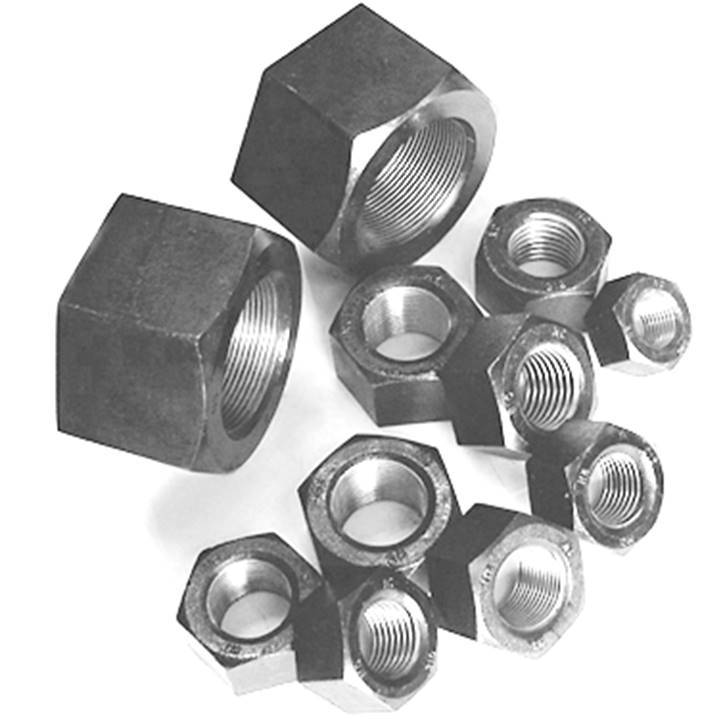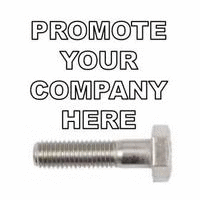Phosphated Fasteners
Fasteners Phosphate Coated
Phosphate coatings are a crystalline conversion coating that is formed on the surface of a steel fastener.
Phosphate coating is employed for the purpose of pre-treatment prior to coating or painting, increasing corrosion protection and improving friction properties of sliding components.
In other instances, phosphate coatings are applied to threaded parts and top coated with oil to add anti-galling and rust inhibiting characteristics. The phosphate process relies on the basic pickling reaction that occurs on the metal fastener when the process solution comes in contact with the metal.
The main benefits that phosphate provides are strong adhesion and corrosion protection.
Zinc Phosphate Hex Nuts
Fasteners with Zinc phosphate coatings enjoy the benefits of rust-proofing; steel fasteners are generally given a further coating of oil that is held in place by the phosphate coat. They can be applied by immersion or spraying. Zinc phosphate is a lighter alternative to manganese phosphate while providing resistance to harsh elements that tend to wear products quickly.
Manganese Phosphate
Fasteners Manganese phosphate coated gives them corrosion protection, but the additional benefits of anti-galling and lubrication.
Of the range of phosphate coating available, manganese phosphate coatings are the hardest, while providing unbeatable corrosion and abrasion protection. In comparison to zinc phosphate coatings, manganese phosphate coatings offer continued wear protection following the breaking in of components that are subject to wear. These coatings are applied only by immersion.
.
.




